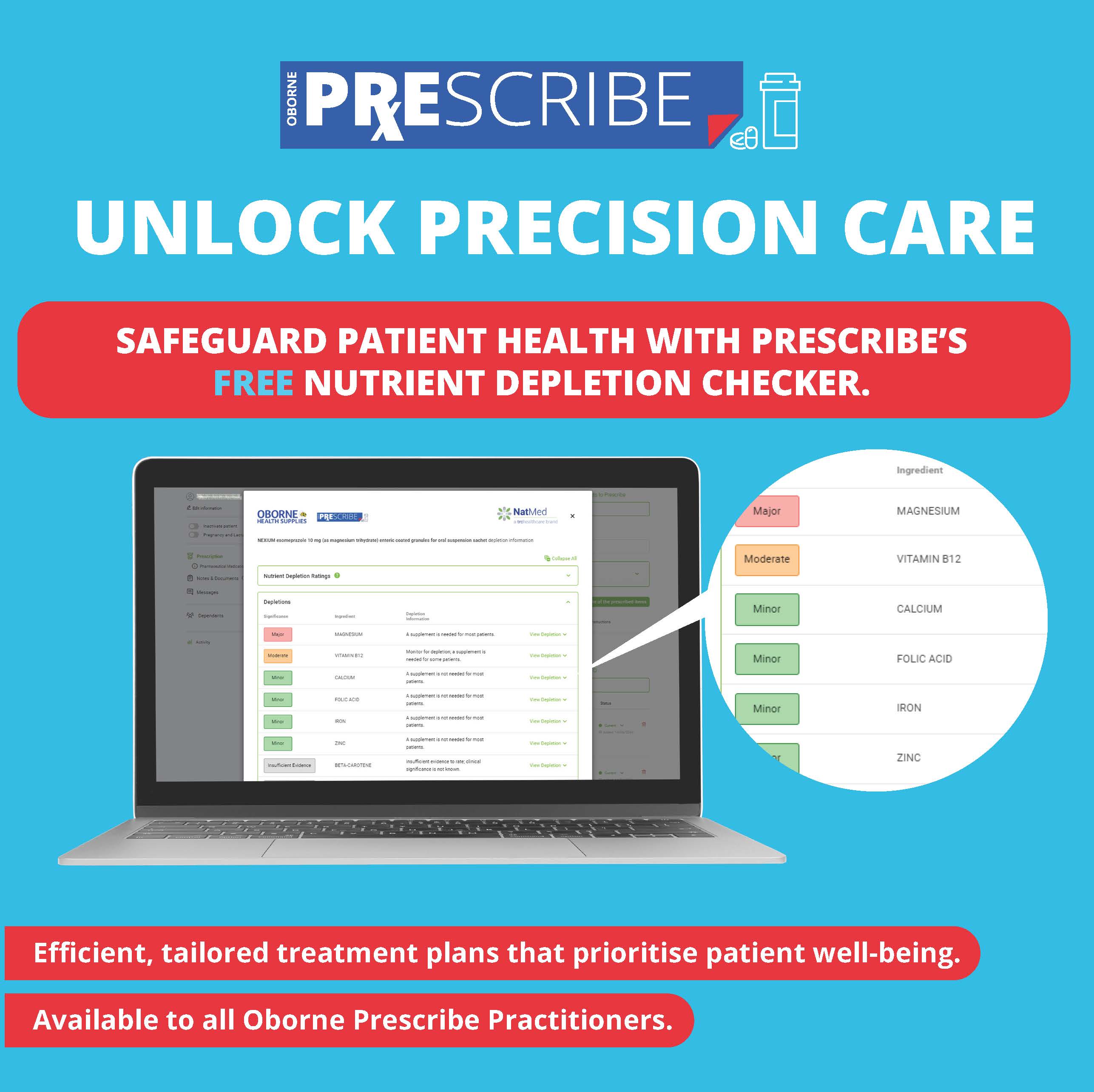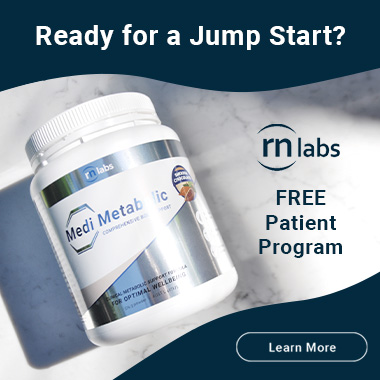Volume 36 Issue 1
Editorial
Susan Arentz
For referencing Arentz S. Editorial. The Australian Journal of Herbal and Naturopathic Medicine 2024;36(1):8-9.
DOI 10.33235/ajhnm.36.1.8-9
Welcome to Autumn and the first AJHNM issue in 2024. We start with developing an ongoing conversation about artificial intelligence (AI) in health care. This issue discusses GPs use of AI to dispense tailored lifetyle advice to their patients and outlines some naughty AI behaviour, such as making things up, and enhancing prejudice that exists in the evidence, prejudice that many are strongly committed to eroding. The AJHNM welcomes your thoughts about the AI discussion below, please write to the editor at journal@NHAA.org.au and if you wish, we will happily publish your letters.
AI is now being used to provide personalised lifestyle prescriptions in GP clinics in Australia and New Zealand. Tailored recommendations, based on individual body shape (anthropometry), family history, physical activity, sleep/wake cycles, exercise, dietary tastes, allergies, heart rate, blood pressure, blood glucose patterns and more are informing lifestyle prescriptions. Recommendations can be written (pushed, messaged and emailed), spoken in the recipients preferred language and accent, and augmented by favoured playlists and songs. Lifestyle prescriptions include dietary plans, recipes to taste, sleep hygiene, physical activities and relaxation techniques, adjusted to weekly diaries, work and other demands. AI can produce on-demand shopping lists along with ordering and payment, even organise a spa visit, using a coupon and code, along with short course booking and green-medicine, weekends away, all within budget.
AI’s massive computational power and ability to synthesise large amounts of data, draws on several sources of evidence to generate recommendations to support individuals achieve specific health goals, including prevention and reducing disease. However, AI recommendations are only as good as the evidence from which they are derived. Whilst the pre-training of Generative Pre-trained Transformers (GPT), may enable AI to efficiently identify and summarise large data, pragmatically apply, and interface with relevant applications and outside systems, it has been found to amplify bias that exists in the evidence,1 and additionally, perhaps even worse, in clinical settings, AI has been found to make-up its answers, including making up references.2 In other words, in its present form, AI in clinic is an appealing storyteller, with one incredibly prejudiced contributor.
This might explain why uptake of health applications (apps) is often found to be temporary. People try it, but not many use it long-term. Oddly enough it may be complicated by the notoriously low-quality evidence for lifestyle interventions. ‘Low-quality’ in the evidence for lifestyle is mostly due to high attrition or drop-outs in clinical trials.3–6 Over 20% attrition from clinical trials, suggests a very high risk of bias.7 Attrition rates in clinical trials evaluating lifestyle interventions (mostly diet and exercise) often find that more than 20% of participants drop-out.3 Similarly, attrition in clinical trials evaluating AI in the form of app-based interventions providing tailored lifestyle advice is also very high.
Dropout rates in clinical trials evaluating AI health apps were synthesised in a systematic review that included nine randomised control trials (RCTs) and eight observational clinical trials.8 On average, attrition in RCTs was 43% (95% CI 29 –57%) and 49% (95% CI 27 –70%) in the observational studies. In other words, nearly half of the participants dropped out of the investigations, regardless of study design, which is similar to many evaluations of lifestyle interventions. Because of this, conclusions were neither robust nor reliable. That is not to say that health apps have no role in clinical practice, but rather that there are limitations with the information at present. Same as there is for lifestyle advice.
Other AI models that have been shown to be more engaging are types that include peer support, in addition to lifestyle prescriptions. Information from peers provides empathy and tends to be less prejudicial as it is derived from another person walking the same (or similar) path. These hybrid models tend to develop the innate resources of individuals, including self-efficacy, rather than fostered dependence. Online health communities, such as HealthUnlocked,9 with additional consumer curated information, have been found to improve engagement and self-efficacy.10 It makes sense that people are more likely to engage and remain engaged when support and advice are being provided by another person with a lived experience.
This first issue for 2024 includes three original research articles on women’s health. The first is an overview of the evidence for aromatherapy in labour, the second is a
systematic review on the use of aromatherapy in pregnancy and labour and the third is a randomised control trial on the use of castor oil to induce the onset of labour (at term). All three articles are from Iran where the midwives and nurses are actively implementing complementary and natural medicine into childbirth services. All articles transparently report at least one positive outcome for the benefit of pregnant and breastfeeding women. I hope you find these articles useful in your clinical management of pregnant and breastfeeding women, I know I will.
The second 2024 issue of the AJHNM in June will focus on neurodiversity and neurodivergence. We have a couple of articles on this topic already accepted for publication and an neuropsychologist writing commentary with a particular focus on neurodiverse and neurodivergent adults.
Author(s)
Susan Arentz PhD, BHSc(Hons)
Editor, Australian Journal of Herbal and Naturopathic Medicine
PO Box 696, Ashfield, NSW 2131, Australia
Email editor.ajhnm@nhaa.org.au
References
- Lozoya DC, D’Alfonso S, Conway M. Identifying gender bias in generative models for mental health synthetic data. 2023 IEEE 11th International Conference on Healthcare Informatics (ICHI); 2023: IEEE; 619–26.
- Siontis KC, Attia ZI, Asirvatham SJ, Friedman PA. ChatGPT hallucinating: can it get any more humanlike? US: Oxford University Press; 2024.
- Leung AW, Chan RS, Sea MM, Woo J. An overview of factors associated with adherence to lifestyle modification programs for weight management in adults. International Journal of Environmental Research and Public Health. 2017; 14(8): 922.
- Burgess E, Hassmén P, Pumpa KL. Determinants of adherence to lifestyle intervention in adults with obesity: a systematic review. Clinical obesity. 2017; 7(3): 123–35.
- Castro A, Roca M, Ricci-Cabello I, et al. Adherence to lifestyle interventions for treatment of adults with depression: a systematic review and meta-analysis. International Journal of Environmental Research and Public Health. 2021; 18(24): 13268.
- Ried-Larsen M, MacDonald CS, Johansen MY, Hansen KB, Christensen R., Almdal TP et al. Why prescribe exercise as therapy in type 2 diabetes? We have a pill for that! Diabetes/Metabolism Research and Reviews. 2018; 34(5): e2999.
- Higgins JPT TJ, Chandler J,Cumpston M,Li T,Page, MJ WV. Cochrane handbook for systematic reviews of interventions: John Wiley & Sons; 2019.
- Meyerowitz-Katz G, Ravi S, Arnolda L, Feng X, Maberly G, Astell-Burt T. Rates of attrition and dropout in app-based interventions for chronic disease: systematic review and meta-analysis. Journal of Medical Internet Research. 2020; 22(9): e20283.
- HealthUnlocked. 2023. https://healthunlocked.com/
- Costello RE, Anand A, Jameson-Evans M, Dixon WG. Associations between engagement with an online health community and changes in patient activation and health care utilisation: Longitudinal web-based survey. Journal of Medical Internet Research. 2019; 21(8), e13477. https://doi.org/10.2196/13477






